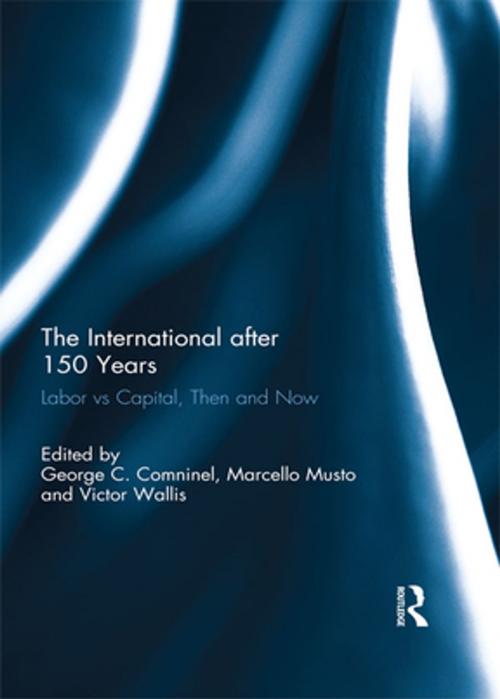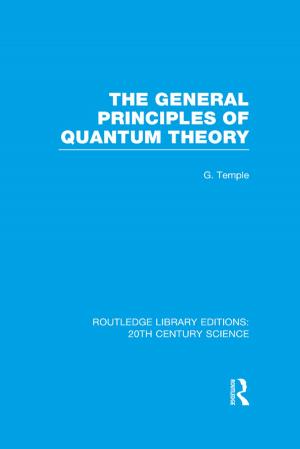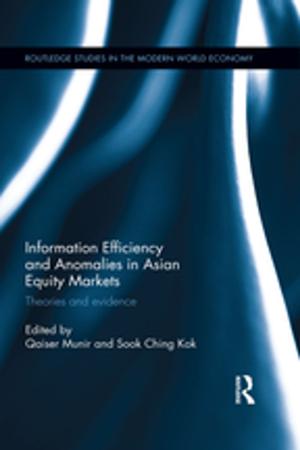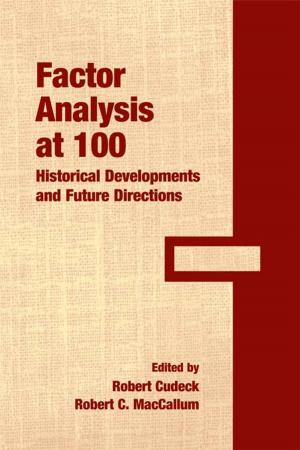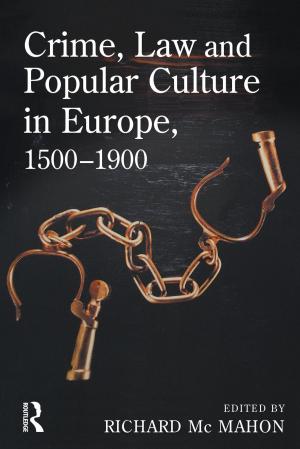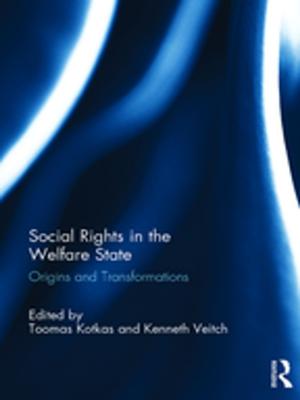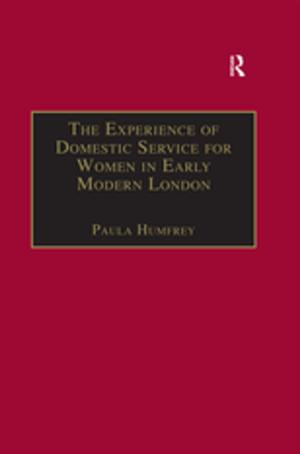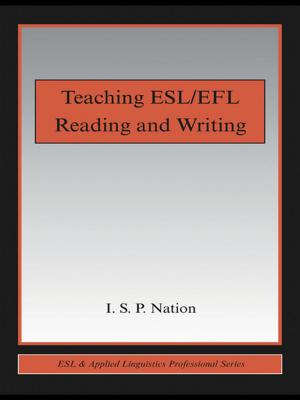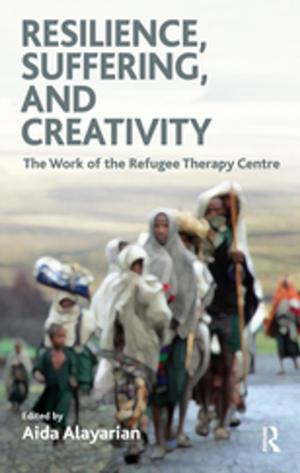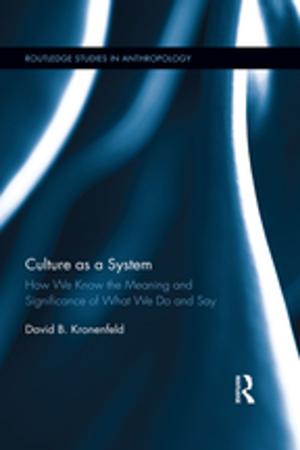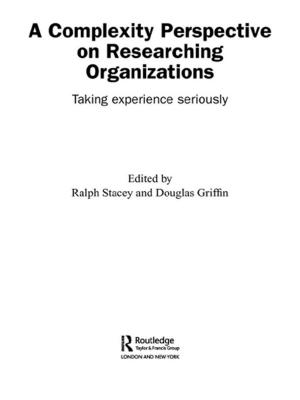The International after 150 Years
Labor vs Capital, Then and Now
Nonfiction, Social & Cultural Studies, Political Science| Author: | ISBN: | 9781317487968 | |
| Publisher: | Taylor and Francis | Publication: | October 2, 2017 |
| Imprint: | Routledge | Language: | English |
| Author: | |
| ISBN: | 9781317487968 |
| Publisher: | Taylor and Francis |
| Publication: | October 2, 2017 |
| Imprint: | Routledge |
| Language: | English |
The International Workingmen’s Association was the prototype of all organizations of the Labour movement and the 150th anniversary of its birth (1864-2014) offers an important opportunity to rediscover its history and learn from its legacy.
The International helped workers to grasp that the emancipation of labour could not be won in a single country but was a global objective. It also spread an awareness in their ranks that they had to achieve the goal themselves, through their own capacity for organization, rather than by delegating it to some other force; and that it was essential to overcome the capitalist system itself, since improvements within it, though necessary to pursue, would not eliminate exploitation and social injustice.
This book reconsider the main issues broached or advanced by the International – such as labor rights, critiques of capitalism and the search for international solidarity – in light of present-day concerns. With the recent crisis of capitalism, that has sharpened more than before the division between capital and labour, the political legacy of the organization founded in London in 1864 has regained profound relevance, and its lessons are today more timely than ever.
This book was published as a special issue of Socialism and Democracy.
The International Workingmen’s Association was the prototype of all organizations of the Labour movement and the 150th anniversary of its birth (1864-2014) offers an important opportunity to rediscover its history and learn from its legacy.
The International helped workers to grasp that the emancipation of labour could not be won in a single country but was a global objective. It also spread an awareness in their ranks that they had to achieve the goal themselves, through their own capacity for organization, rather than by delegating it to some other force; and that it was essential to overcome the capitalist system itself, since improvements within it, though necessary to pursue, would not eliminate exploitation and social injustice.
This book reconsider the main issues broached or advanced by the International – such as labor rights, critiques of capitalism and the search for international solidarity – in light of present-day concerns. With the recent crisis of capitalism, that has sharpened more than before the division between capital and labour, the political legacy of the organization founded in London in 1864 has regained profound relevance, and its lessons are today more timely than ever.
This book was published as a special issue of Socialism and Democracy.
